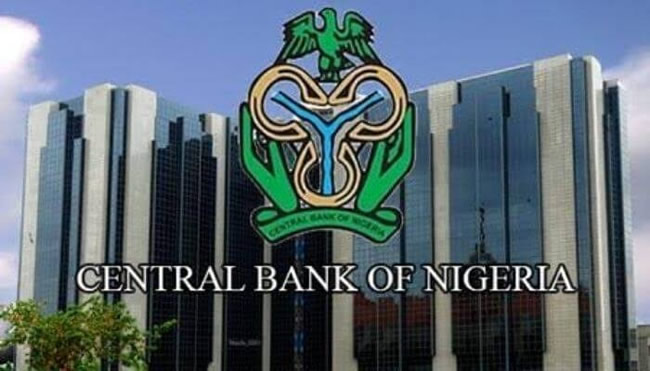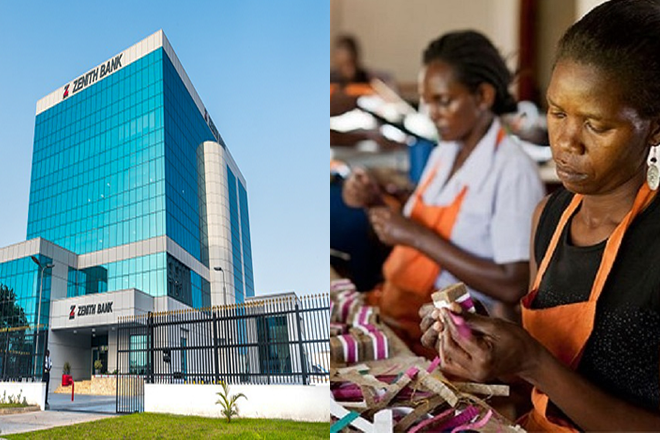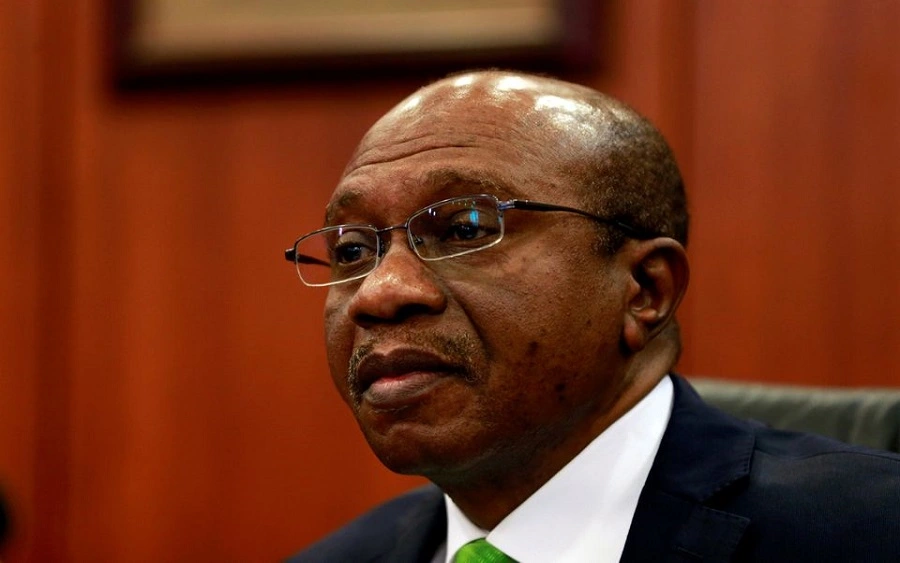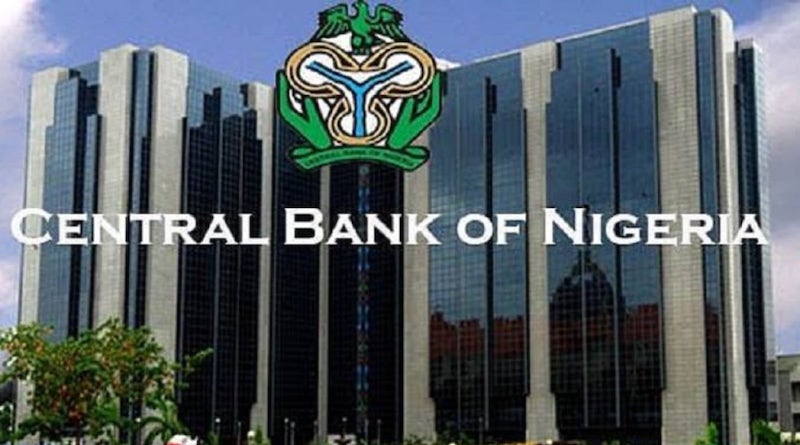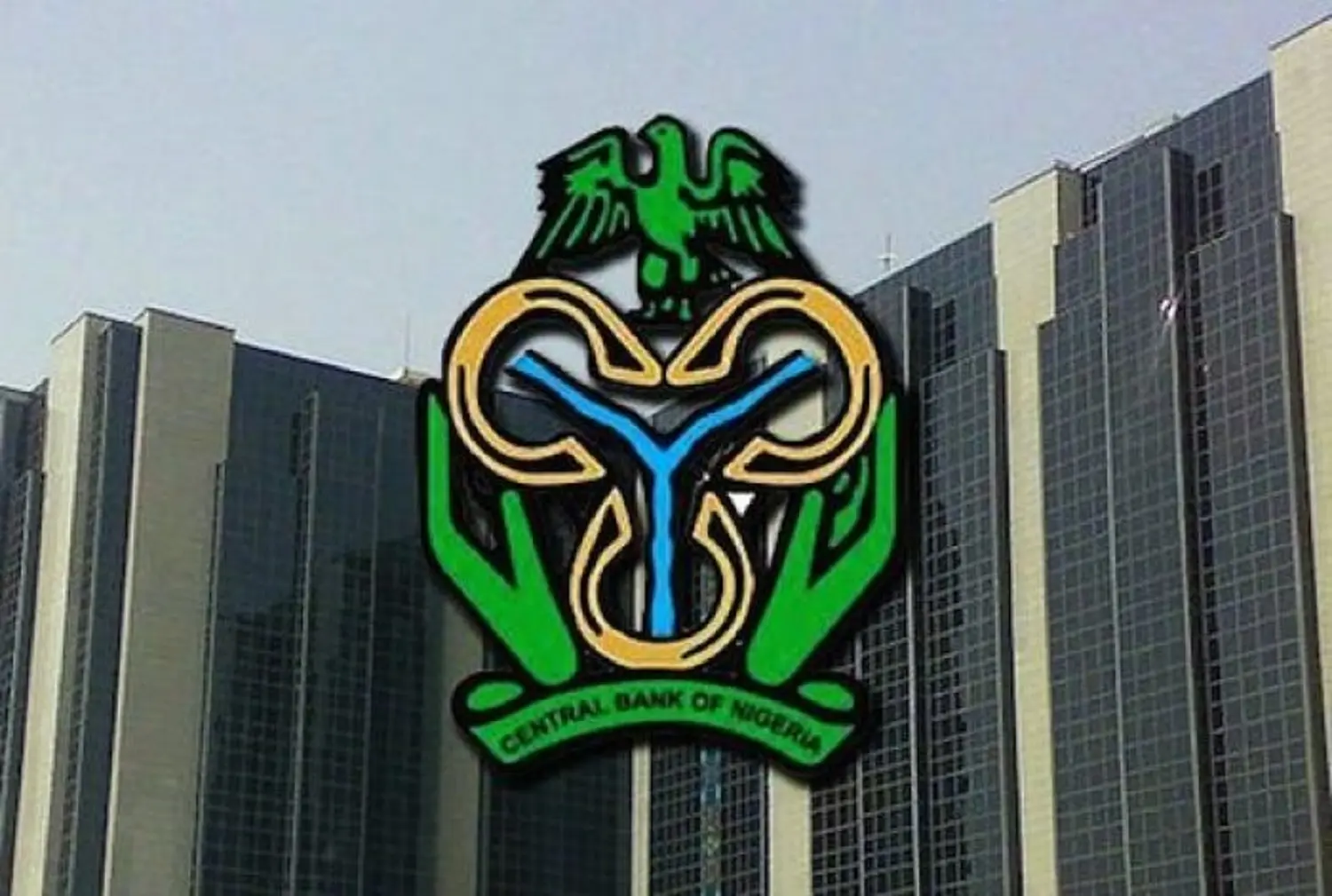Zenith Bank Plc, one of Nigeria’s Tier-1 banks, has provided loans totaling N3.517 billion to its management staff at an interest rate of four per cent, as reported in its second-quarter 2023 financial statement.
This revelation which was first brought to light by the Economy Post comes against the backdrop of the Central Bank of Nigeria’s (CBN) benchmark interest rate (MPR) of 18.75 per cent.
Zenith Bank granted these loans primarily for purposes such as land acquisition and home construction, as well as personal financial needs.
The loans, categorized as mortgage loans and personal loans, have an average interest rate of four percent and are repayable over varying cycles, from monthly to annually, with an average interest rate of four percent.
However, repayments by the bank’s management staff have only reached N619 million, representing just 17.6 per cent of the total loan sum, leaving an outstanding balance of N2.898 billion.
Comparatively, Zenith Bank’s interest rates for regular customers hover between 20 percent and 35 percent. For instance, the bank’s advertised rate for micro, small, and medium enterprises (MSMEs) loans was 29 per cent per annum, with an additional management fee of 0.5 to one percent.
In addition, while customer loan interest rates in Nigeria are influenced by changes in the CBN benchmark rate, Zenith Bank’s management staff continue to enjoy a fixed interest rate of four per cent.
In 2023 alone, the CBN benchmark rate has changed three times, surging from 17.5 per cent and 18.75 per cent, yet Zenith Bank’s provision of loans to its management staff remains at a mere four per cent interest rate.
Meanwhile, operators of Micro, Small, and Medium Enterprises (MSMEs) who are the live wire of the Nigerian economy struggle to access affordable loans for their businesses, as interest rates often exceed 25 per cent.
MSMEs account for roughly 97 per cent of all firms in Nigeria and account for nearly half of the National Gross Domestic Product at (48 per cent).
Ayola Olumide, a furniture business owner, shared his experience, “I operated a small business that was doing well, and I decided to expand it. I took a loan from a Microfinance institution. Initially, things were going smoothly until October 2020 when my shop was broken into. I faced a struggle to sustain both my business and personal life.
“To keep my business afloat, I ended up taking loans from various sources, and it took a turn for the worse when I resorted to online loans”.
In numerous cases, these online lending platforms transform into another problem by resorting to harassment tactics.
They often send threatening messages to the contacts of individuals who are unable to meet their repayment obligations.
A certified financial education instructor and astute professional with extensive experience in capital market operations, Kalu Aja, said the intention behind imposing high-interest loans is to ensnare individuals in a cycle of perpetual loan servicing.
“The purpose of high-interest loans is to lock you into a perpetual loan servicing trap.
“You can’t refinance your way out of a high-interest loan, you can only buy yourself out of it,” he said.
Kalu who advises start-up against borrowing to fund their business ideas, maintained that banks are primarily for working capital, allowing you to bridge short-term cash flow gaps.
“For instance, you have a confirmed inflow in the next two weeks but you need cash today to meet payroll. You can access a bank’s Line of credit, and then clean up. Short-term, very quick, preferably low Annual Percentage Rate (APR),” he added.

